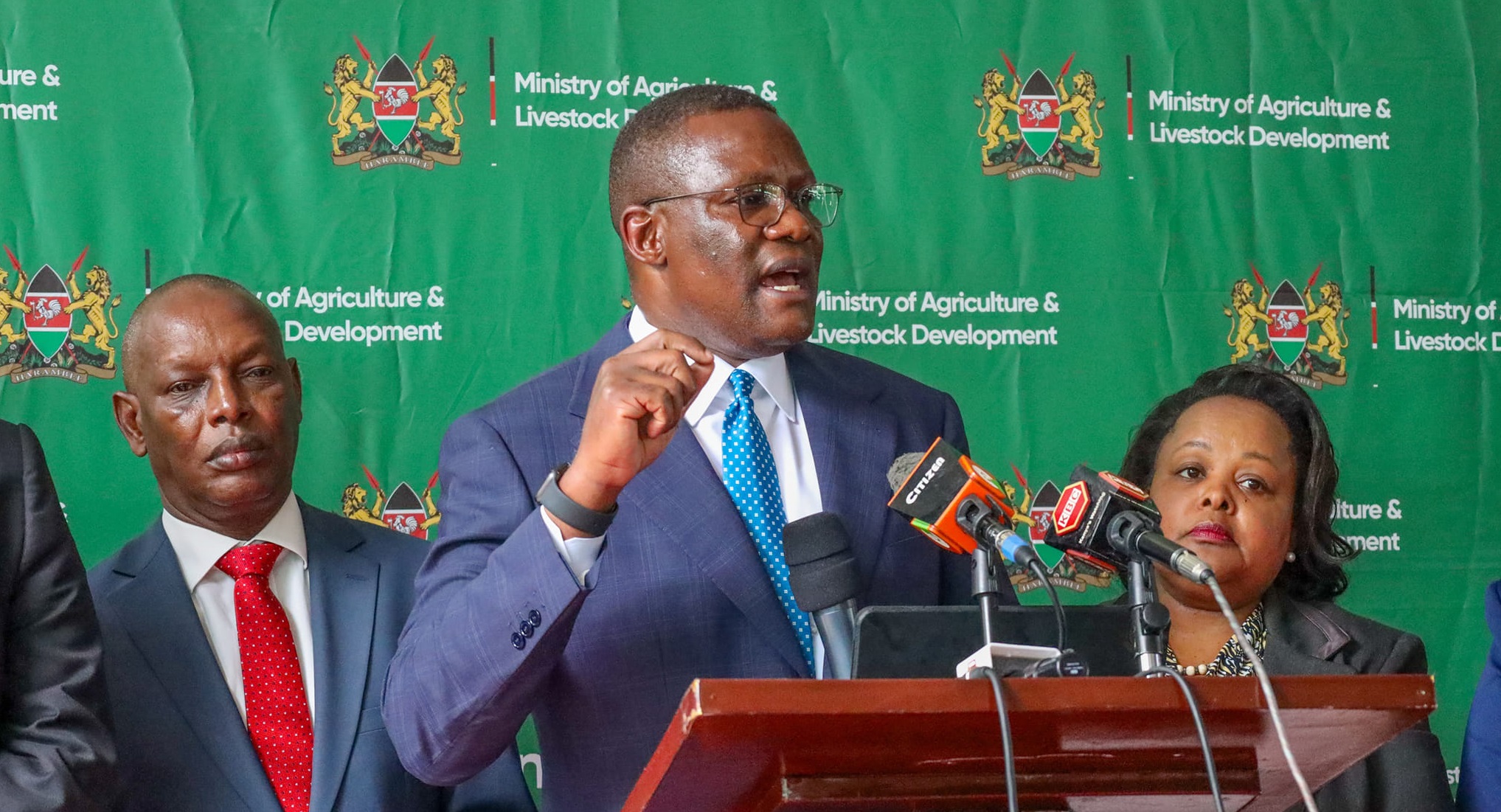Government validates performance contracts to bolster service delivery
BY JOSEPH NG’ANG’A, KNA
The Government has initiated a program to validate performance contracts for the 2024/25 financial year in order to enhance service delivery and expedite the achievement of its development goals.
Deputy Chief of Staff for Performance and Delivery Management, Eliud Owalo, stated that the government is evaluating the extent to which ministries, departments, and agencies (MDAs) have aligned their strategic plans for the 2023/24 to 2027/28 period with the overall policy framework.
This framework is anchored in the Bottom-Up Economic Transformation Agenda (BETA). Owalo explained that all government institutions have aligned their policy frameworks with the Fourth Medium Term Plan (MTP4 2023–2027) of Vision 2030, the BETA plan, as well as other frameworks such as the African Union (AU) Agenda 2063 and the Sustainable Development Goals (SDGs).
“To operationalize these plans, the line ministries have developed annual work plans on which the annual performance contracts are based.
The rationale of the performance contracting framework is to hold institutions and individuals accountable for their results,” Owalo said.
He emphasized that at the beginning of each financial year, all MDAs are required to sign performance contracts, committing to minimum levels of both quantitative and qualitative performance.
Owalo noted that one of the key areas of focus is compliance with the government’s digitalization agenda, specifically the integration of services onto the e-Citizen platform. This initiative aims to enhance efficiency and effectiveness through automation.
“We are also assessing the absorption of donor funding to ensure its value is maximized and to evaluate the efficiency of fund utilization,” he added.
Owalo explained that the Performance and Delivery Management team is also evaluating the implementation of Cabinet decisions, particularly in cases where delays have occurred in turning Cabinet memos into enabling policy frameworks or laws passed through parliament.
He highlighted the Ministry of Agriculture’s achievements over the past two years, including the implementation of a comprehensive fertilizer subsidy program that has significantly reduced the cost of fertilizer for smallholder farmers. The distribution of fertilizer bags increased by 7.2 million, from 1.4 million in 2022 to 8.6 million by 2024, marking a 514 per cent increase.
Additionally, the cost of fertilizer per bag dropped from Sh7,500 in 2022 to Sh2,500 in 2024, a 66 per cent reduction, which has led to increased crop yields and improved food security.
Owalo also noted that the ministry has successfully lowered the cost of a two-kilogram packet of maize flour (“unga”) from Sh250 to Sh120. In the sugar sector, the government cleared all farmer arrears, amounting to Sh1.7 billion, and is now addressing outstanding payments owed to employees of sugar factories.

